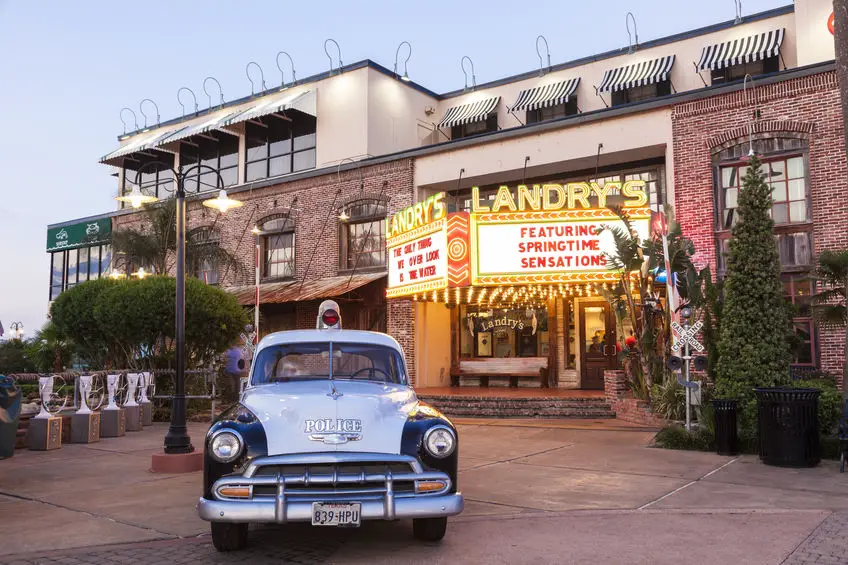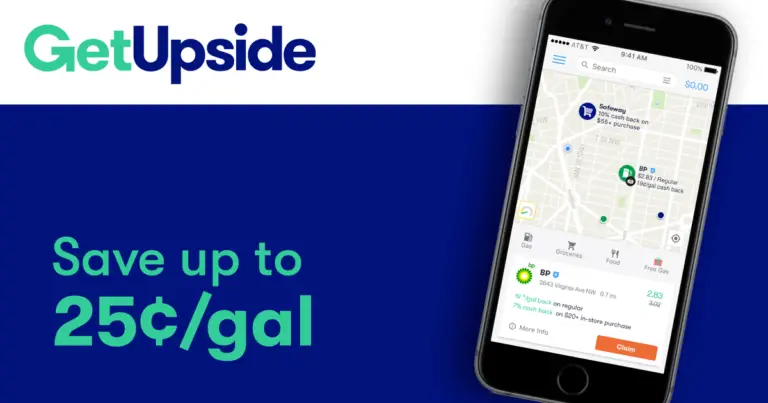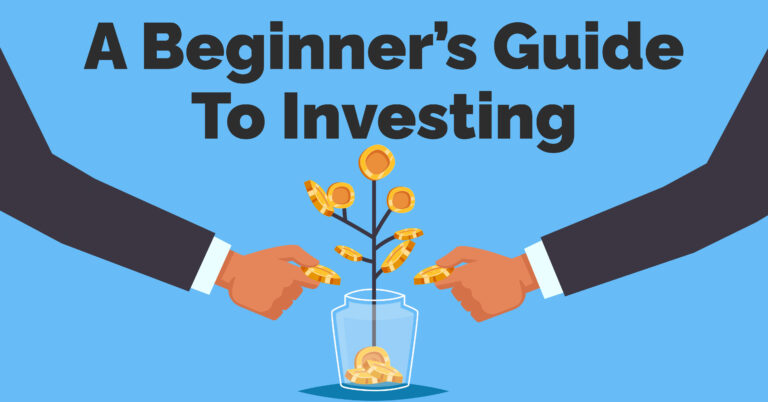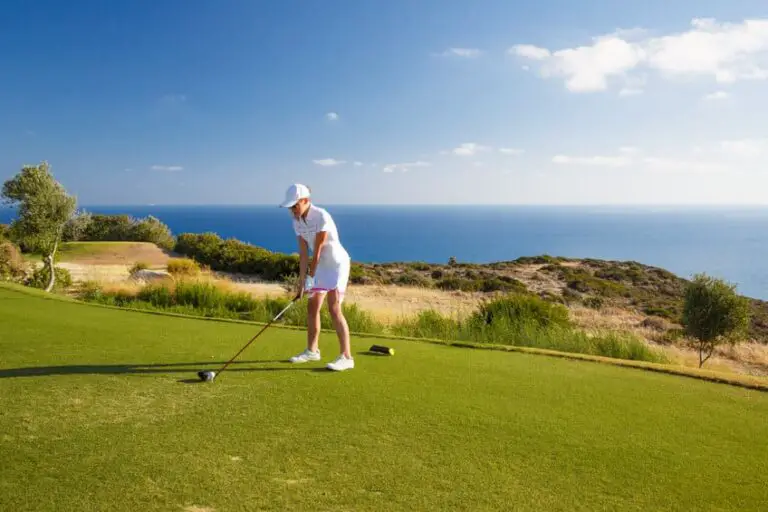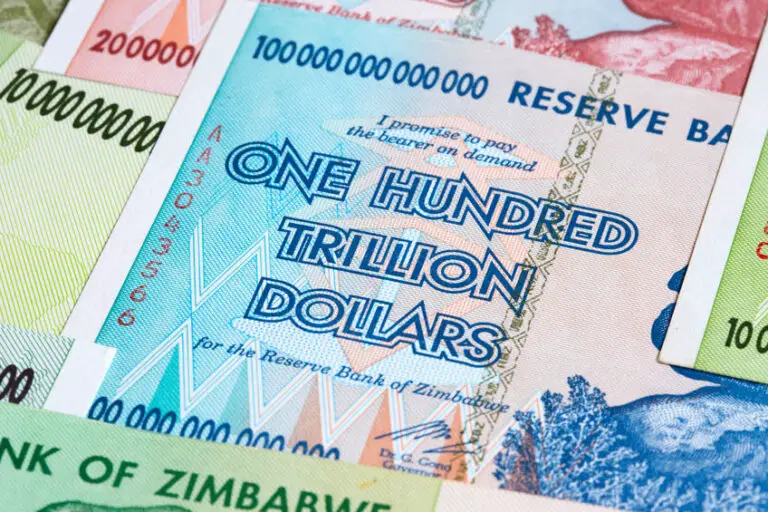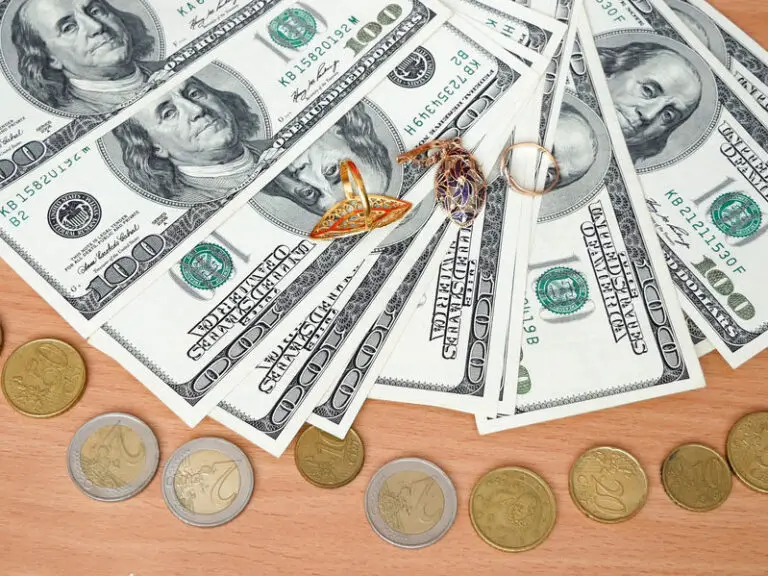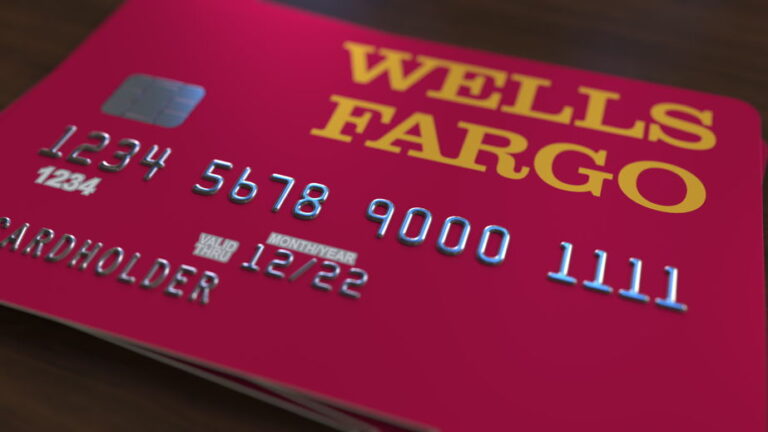How Could Restaurant Owners like Tilman Fertitta have Prepared for the COVID-19 Pandemic?
Bloomberg reported that Billionaire Tilman Fertitta’s restaurant/casino/hotel/resort/professional sports enterprise took about a 95% revenue hit when COVID-19 forced the closure of most of those businesses. He was forced to furlough 40,000 employees in order to try to stay afloat. The business which was incredibly successful prior to COVID-19, is now looking at negative cash flow every month and could end up in bankruptcy. What could Tilman Fertitta have done to manage this risk? Could he have done anything?
First off, there is no way to buy insurance against pandemics. It is not an insurable risk since someone selling it would have virtually every business file claims at the same time. After the SARS outbreak in China in 2002, insurers have been careful to exclude viruses and pandemics from insurance policies. This is not unlike insurers specifically excluding terrorism coverage after 9/11. The outbreaks of SARS, MERS, and Ebola in the last 20 years, however, should have probably at least made large restaurant, hotel and airline operators aware that a pandemic was a possibility in modern society.
Hindsight is 20/20, but there are a few things that Tilman Fertitta could have done to plan for a pandemic. Some of these are no-brainers, while others are just spaghetti on the wall ideas:
He could have invested in restaurant concepts that are more resistant to pandemics. Tilman Fertitta’s company is called Landry’s and is made up of a variety of restaurant and casino chains like Mastros Steakhouses, Joe’s Crab Shack, Rainforest Grill, Cadillac Bar, Golden Nugget and many others. He routinely acquires new brands for the portfolio. These are almost all what I would consider as experiential places. You don’t just go for the food, you go for the experience. In the COVID-19 pandemic, many states are allowing take-out and delivery (and even alcohol delivery) to continue but forcing restaurant dining rooms to be closed. While some of Landry’s brands offer take-out and delivery, they just aren’t the type of places that come to mind when you think take-out and delivery. A few non-Landry’s restaurant brands do come to mind like Domino’s Pizza, local Chinese food take-out places, and “virtual restaurants” (75%+ delivery) and “ghost kitchens” (100% delivery – they have no storefront and only exist on apps like Postmates, Uber Eats, and Grubhub). One or more delivery-focused brands could have been acquired or developed.
He could have left more cash on the balance sheet. According to the Bloomberg article, Fertitta said he has enough cash to weather the storm for a few months. It’s conceivably possible that instead of using the cash to acquire additional chains or increase dividends, more cash could have been left idle on the balance sheet.
The Golden Nugget casinos could have leveraged their customer base to develop an online casino where people could place bets from anywhere. I am little skeptical if it would have made a difference because when people are dying around you, the fun and excitement of gambling goes by the wayside. Also, there are no major sports to bet on when all leagues cease playing games. Maybe it could have generated some revenue.
The company could have looked at itself as a conglomerate like Berkshire Hathaway, and bought shares in stocks that stood to benefit from a pandemic. At least when the restaurant division of Landry’s got killed, the pandemic-resistant shares would have held their value or appreciated. This would be companies like Zoom Video Communications and Clorox.
The pandemic has not stopped quarantined people from drinking lots and lots of alcohol. Landry’s comes into contact with a lot of customers that drink wine. Let’s say they had a wine-of-the-month type of club in place for a few years that shipped wine to 1000’s of members. They could keep sending monthly wine deliveries and then amp up promotions and discounts during a quarantine to ship out wine like crazy.
Grocery stores have also done very well during the pandemic, with people buying and hoarding all sorts of food and supplies. Landry’s could have focused more energy on this segment, getting prepackaged foods like chicken with pasta into the stores. They could have been signature dishes from the various restaurants under the Landry’s umbrella. You probably wouldn’t do this for the higher end brands, but even an experiential brand like Cadillac Bar is not going to lose business because you can buy its margarita mix at Kroger. Same thing with Rainforest Grill; people go there for the experience more than just the food. Having a Rainforest Grill pasta available at Fry’s is not going to hurt restaurant traffic.
He could have offered to use his hotels as quarantine locations. This one is a tough one since you don’t necessarily want your high end hotels like The Post Oak or the San Luis Resort to be associated with a pandemic, but for his more middle market properties like the Holiday Inn Galveston, maybe their could have been in plan in place to lease it to FEMA to use as a quarantine site for patients that have little to no symptoms but still need to be quarantined. South Korea and Hong Kong have done some of this.
He could have put aside money in the company or on his personal balance sheet, then bought Landry’s loans or bonds back at a huge discount. Landry’s bonds were trading at about 50 cents on the dollar after the pandemic hit. If he held left a substantial chunk of cash on the balance sheet, he would have been able to buy and retire those bonds at a huge discount, at least eliminating some debt service.
On locations that were leased, he might have been able to get away with putting a pandemic rent deferral option into leases (defer rent to additional months at the end of the lease). American society as a whole completely underestimated pandemics prior to COVID-19. Spanish Flu wasn’t exactly fresh on anyone’s minds. With a big name tenant like Landry’s signing the lease, a landlord might have gone along with something like this if they underestimated the likelihood of it ever happening.
The company could place a rolling a bet on credit default swaps (CDS) like hedge fund manager Bill Ackman did. He turned a $27 million bet into $2.6 billion because the probability of investment-grade and high yield bonds defaulting increased substantially in a short period of time. The economy had been doing great for so long and spreads between safe assets and riskier assets had gotten so compressed, that some type of downside protection for a restaurant/hotel/casino company would have made a lot of sense.
Now that the pandemic has hit Landry’s, Tilman Fertitta is scrambling to stop the bleeding. Government bailouts, lease re-negotiations, layoffs, changing marketing and operations to be more quarantine-friendly and delivery-friendly, and even selling deeply discounted gift cards may be part of the solution. Short of a perfectly time bet like Bill Ackman’s, most of the other moves would not have been total game-changers. However, they could have at least slowed down the bleeding.
